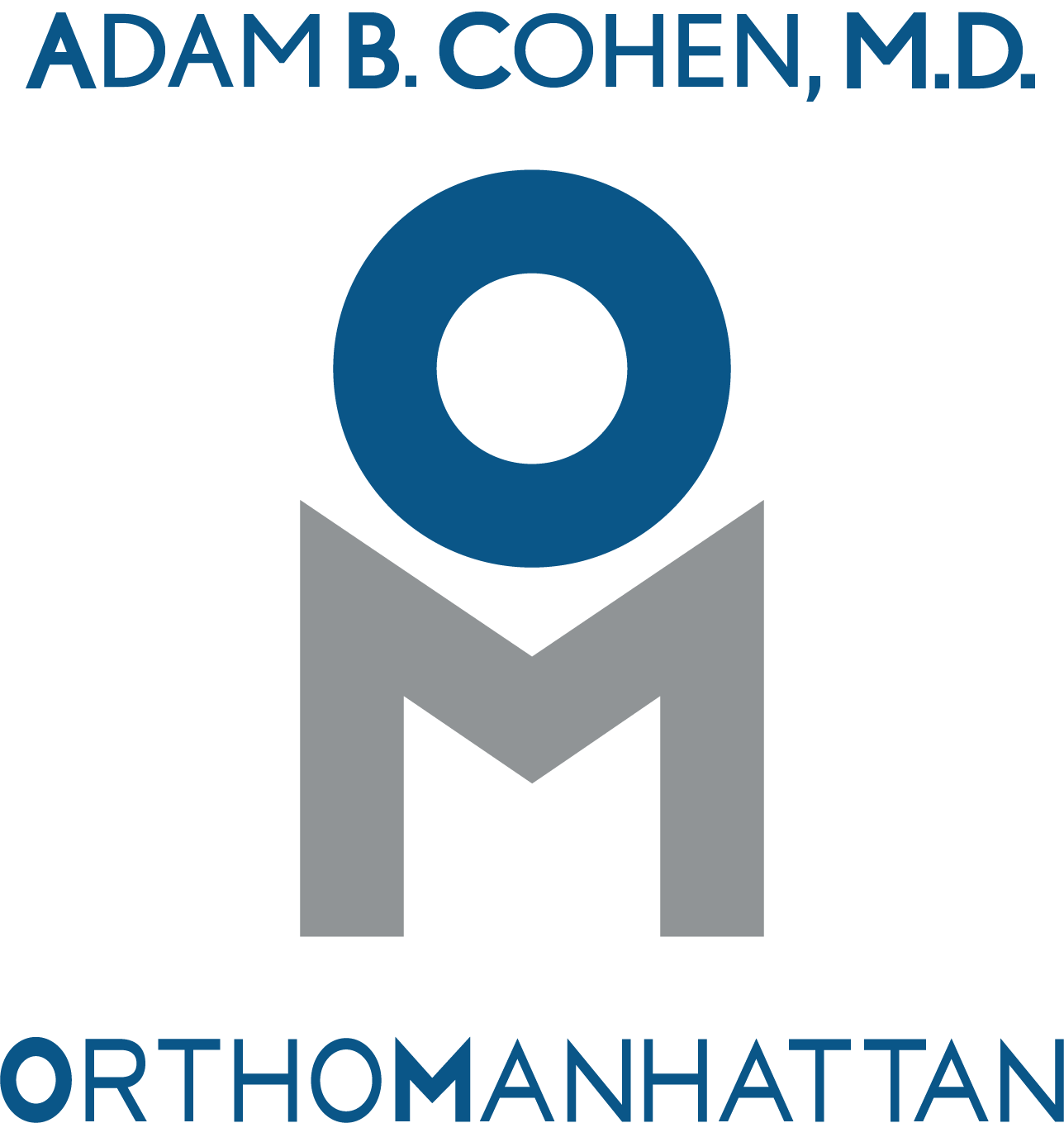Overview
The knee has two crescent shaped menisci — medial and lateral — that act to protect the cartilage of the knee, provide shock absorption, and enhance stability.
Click To Enlarge
Meniscal tears are common injuries that can occur from an acute injury or from chronic repetitive stress.
A meniscus tear is the most common indication for knee surgery.
Evaluation
The most common symptom associated with a meniscus tear is pain along the inner aspect or outer aspect of the knee. Pain is also common with the knee fully bent or fully extended.
Many meniscus tears can cause then knee to catch, lock, or give-way.
Routine evaluation includes a thorough examination of the knee and radiographs.
An MRI will confirm the diagnosis of a meniscus tear and may be recommended if a tear is suspected.
Treatment
Click to Enlarge
The type of treatment recommended will depend on a number of factors including:
Location of the tear
Type of tear
Symptoms associated with the tear
Presence or absence of arthritis
The pattern of the tear and location of the tear will help your orthopedist decide whether you need surgery and what type of surgery. Surgical options include:
Meniscectomy (removal of the torn meniscal fragment)
Meniscus repair (stitching the torn meniscus together)
Meniscal transplantation.
Not all meniscal tears need surgery. If you have a significant amount of arthritis and no symptoms of catching or locking, a trial of conservative measures including observation, physical therapy and injection therapy may be appropriate.
When meniscal surgery is recommended, the procedure is done arthroscopically, through 2-3 small incisions, as an outpatient procedure. Recovery time is dependent on many factors which you should discuss with your orthopedic surgeon.
Frequently Asked Questions
Can a meniscus tear heal without surgery?
It is rare for a meniscus tear to heal on its own. However, sometimes meniscus tears stop causing pain. Individuals who are not active can treat these tears without surgery.
I was told that a portion of my meniscus needs to be removed. Will it grow back? Don’t I need my meniscus?
The meniscus plays an important and crucial role in protecting the cartilage of your knee. A torn meniscus no longer protects the knee, and the beneficial affects of the meniscus are lost. After this torn piece of meniscus is removed, new meniscus will not grow back. However, the remaining healthy meniscus can still provide some protection.


